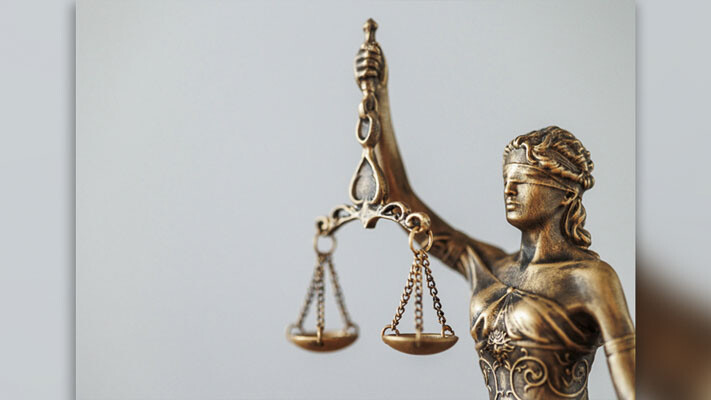
Liv Finne and Paul Guppy offer context for what the ruling means for Washingtonians
Liv Finne and Paul Guppy
Washington Policy Center
What today’s ruling means for Washington state:
- The governor, lawmakers and state and local education officials may not discriminate against religious schools in the administration of any generally-available public benefit program.
- Parents choosing to use public funds to send their children to a religious school is not a violation of the separation of church and state.
- Four innovative school choice bills have been introduced. If one or more are enacted, lawmakers must take an inclusive approach and, despite any personal bias, must allow private religious schools to participate.

The U.S. Supreme Court ruled today that state-based school choice programs may not discriminate against religious schools. The court found that when parents spend public money on a religious school under a generally-authorized state education choice program they are not violating the separation of church and state.
The case is Carson and Nelson v Makin, Commissioner of the Maine Department of Education.
Since 1873 Maine has provided families living in rural areas with tuition assistance to send children to a private school when a public high school is not available. Maine officials discriminated against religious schools and barred them from participating in the program. Today’s ruling overturns that discrimination policy.
The ruling represents a victory for the Carson and Nelson families, and for families across the country seeking access to better educational opportunities.
Today’s ruling builds on a non-discrimination principle the Supreme Court addressed in Espinoza v. Montana Department of Revenue (2020) and Trinity Lutheran Church of Columbia v. Comer (2017). In the first case the court found it is constitutional for families that receive a tax credit scholarship to send their children to a religious school. In Trinity Lutheran the court ruled that state officials cannot use Missouri’s notorious Blaine Amendment to discriminate against a religious non-profit in receiving benefits from a generally-available public program.
All three cases are important to the people of Washington state in protecting religious freedom and ending state-based discrimination against people of faith. Washington also has a Blaine Amendment in its constitution, a relic of 19th century anti-Catholic bias common at the time of statehood.
The Blaine Amendment is regularly cited by anti-school choice forces, particularly Washington’s powerful WEA union, to claim that family-based tuition assistance cannot be used to give children access to a high-quality education at a religious school. This hard-line position runs counter to forward-looking programs now available in 32 states, Puerto Rico and the District of Columbia, where families can use public money to access a private school.
Four innovative school choice bills have been introduced in our state. If and when Washington lawmakers choose to join the national trend and offer expand learning opportunities to families, the Supreme Court has made it clear that they must take an inclusive approach and, despite any personal bias, they must allow private religious schools to participate.
Liv Finne is the director of the Center for Education at the Washington Policy Center.
Also read:
- POLL: Why did voters reject all three tax proposals in the April 22 special election?Clark County voters rejected all three tax measures on the April 22 special election ballot, prompting questions about trust, affordability, and communication.
- Opinion: The war on parental rightsNancy Churchill argues that Olympia lawmakers are undermining voter-approved parental rights by rewriting key legislation and silencing dissent.
- Opinion: An Earth Day Lesson – Last year’s biggest environmental victories came from free marketsTodd Myers argues that Earth Day should highlight free-market solutions and grassroots innovation as more effective tools for environmental stewardship than top-down mandates.
- Opinion: Time to limit emergency clauses and give voters a choiceTodd Myers urges the governor to remove emergency clauses from bills that appear intended to block voter input rather than address real emergencies.
- Letter: C-TRAN Board improper meeting conductCamas resident Rick Vermeers criticizes the C-TRAN Board for misusing parliamentary procedure during a controversial vote on light rail.










